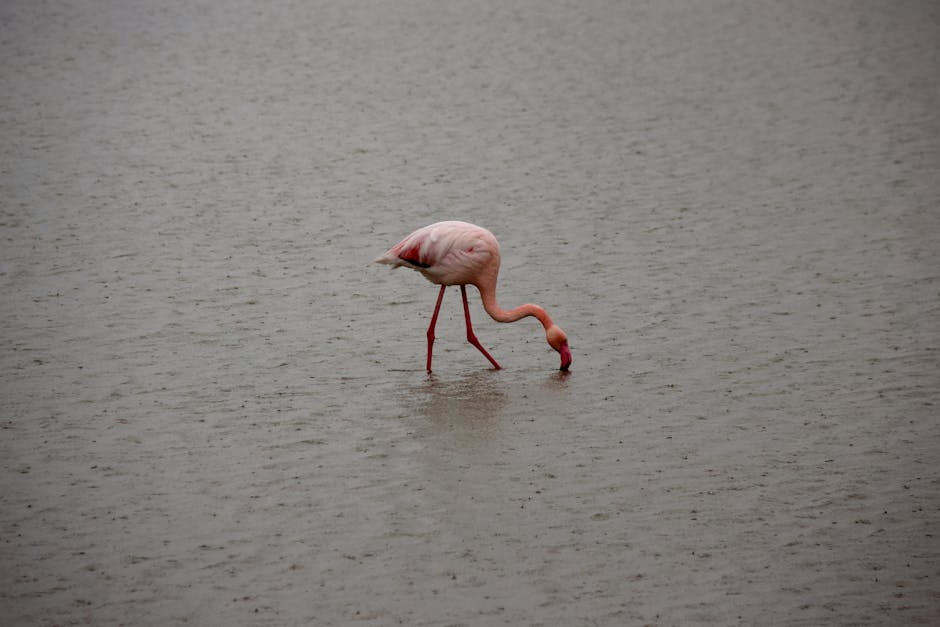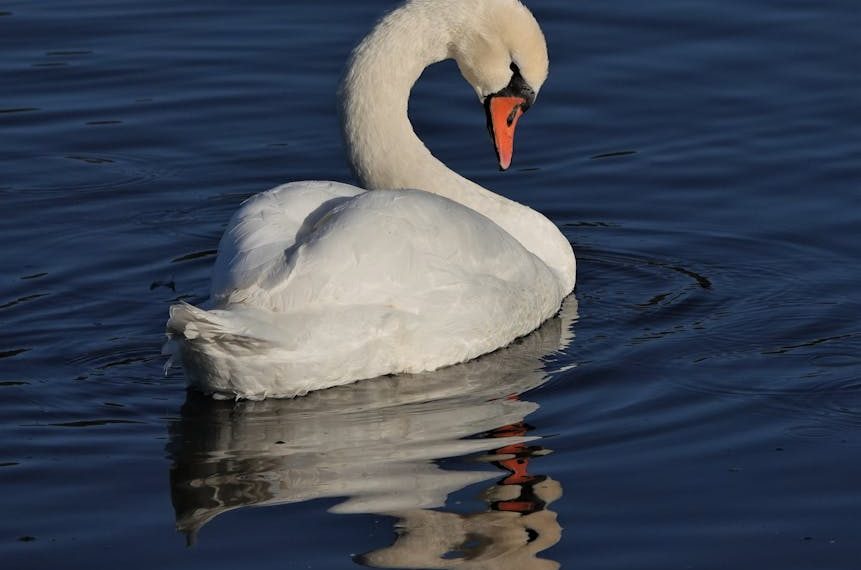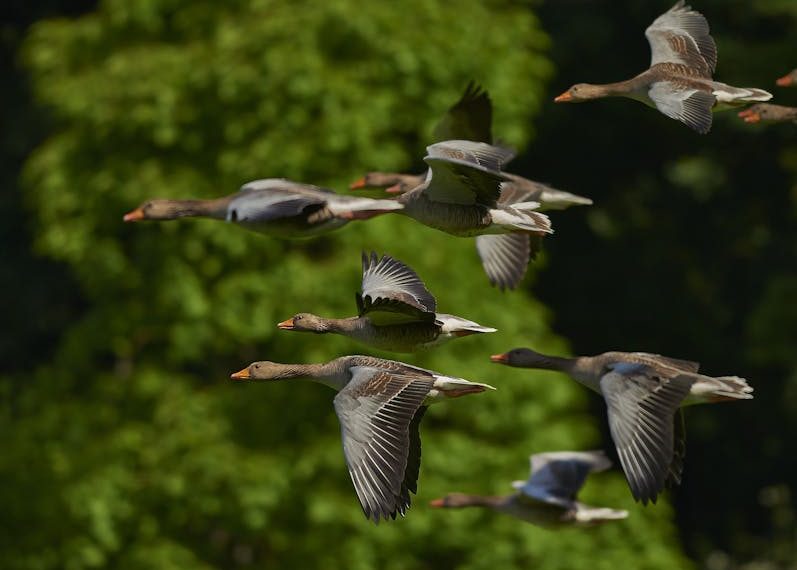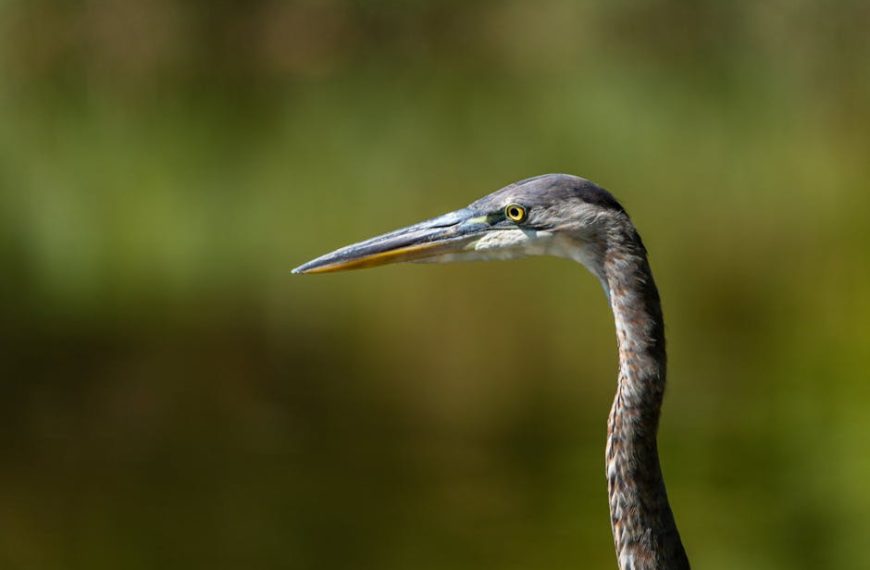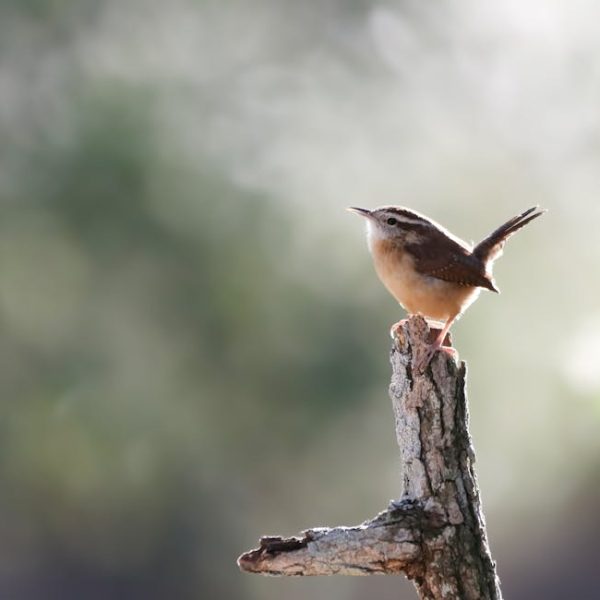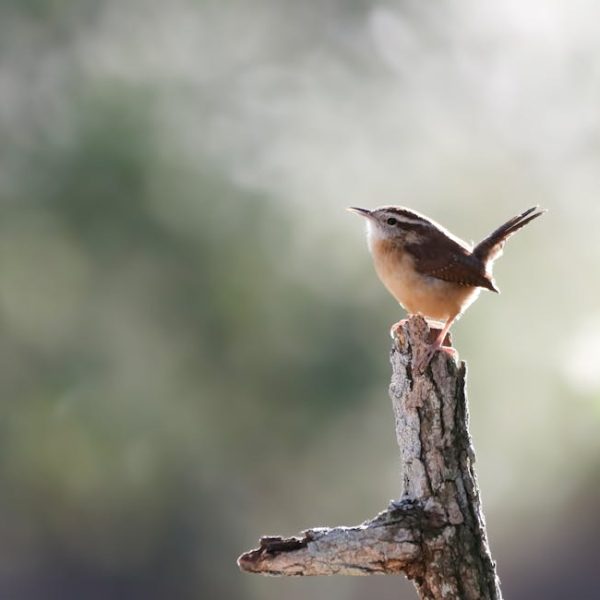Birds, as charming as they are, may sometimes turn your balcony into a mess by defecating on it. Not only is it unsightly, but it can also lead to potential health risks. Let’s explore a few practical strategies to prevent birds from turning your porch into a poop station.
Understanding Bird Behavior
Birds obey specific patterns of behaviour. They are creatures of habit, driven by instinct and everyday routines. Understanding these tendencies can assist you in formulating an effective bird deterrent strategy.
Several common bird behaviors include:
- Roosting in high open spaces: Birds often rest here as they feel safe from predators.
- Feeding patterns: Birds return time and again to places where food is freely available.
- Breeding season habits: Birds tend to frequent certain spots during breeding seasons, particularly if they offer a viable area for nest-building.
Observing your feathered visitors can benefit your cause. Watch to see if they are coming for leftover crumbs, seeking shade or perhaps searching for an ideal nesting space. Knowing the why of their visits will allow you to address and alter the situation most effectively.
Implementing Physical Barriers
Deploying physical barriers on your porch is an effective way to keep birds at bay. Certain structures, such as bird netting and spikes, can discourage them from landing.
However, it’s crucial to consider the advantages and disadvantages of various physical barriers. Here’s a quick comparison:
Remember, when choosing a method, consider safety, efficiency, and the visual impact. After all, you don’t want to transform your cozy porch into an impregnable fortress!
Making Your Porch Less Attractive to Birds
Counterintuitive as it may seem, making your porch unappealing to birds can serve to deter them. The presence of bird feeders, water sources, and specific plants may unwittingly be inviting them over for a feast.
Regular clean-ups can play a vital role in making your porch less attractive. Remember, what’s attractive to birds (like a ready food source) is not necessarily attractive in human terms (like spilled bird seed).
Using Bird Repellents
Bird repellents, including ultrasonic devices, bird gels, or reflective objects, can be effective in your anti-poop campaign. They make the environment uncomfortable or even hostile for birds to linger.
The big question is, are natural bird repellents as effective as commercial ones? The answer may surprise you. A comparison reveals:
Remember, any bird control solution should minimize harm to the birds. It’s all about finding a balanced method that respects the birds while keeping your porch clean and inviting.
Soliciting Help of Professionals
In extreme cases, you may need to solicit the help of professionals, especially when you’re dealing not just with one or two birds, but an entire flock.
Scenarios when professional help might be necessary include when birds have nested in accessible areas of your property or when previous attempts to deter them have failed.
When sourcing a pest control service, make sure they are licensed, credible, and use humane methods to deal with the birds. Remember, the goal is deterrence, not harm.
Understanding Bird Behavior
To address the problem of birds soiling your porch effectively, it’s important to begin by understanding their behavior. Just like humans, birds have certain patterns and habits that dictate their actions. For example, birds are known to prefer high open spaces where they can easily spot predators. Additionally, places that provide them with a regular food supply are also of significant interest to these winged creatures. During the breeding season, birds often frequent the same spots, especially if they offer a viable area for nest-building.
Best Practice: Take some time to observe the birds’ behavior. Are they coming for the leftover crumbs? Are they seeking shade? Are they building nests? The insights from this firsthand observation can guide you on the most suitable ways to deter them from your porch.
Implementing Physical Barriers
Physical barriers can be a very effective method to prevent the birds from making a mess on your porch. Bird netting and spikes are among the structures that can discourage birds from landing and roosting.
However, before you proceed with the installation, be sure to weigh the pros and cons of each type of physical barrier.
| Barrier Type | Pros | Cons |
|---|---|---|
| Bird Netting | Non-harmful and versatile | Can impact the aesthetics of your porch |
| Bird Spikes | Highly effective deterrent | May appear unattractive and menacing |
| Porcupine Wire | Discourages all types of birds | Difficult to install |
✔️ Checklist: When choosing the barrier, consider safety (both for you and the birds), efficiency, and aesthetic impact on your porch.
Making Your Porch Less Attractive to Birds
Sometimes, discouraging birds from your porch simply involves making it less attractive for them. Things such as bird feeders, water sources, and certain plants can inadvertently end up attracting more birds to your porch.
Pro tip: Regular and timely cleaning can help reduce the things that attract birds. This might involve removing bird feeders and cleaning water sources.
Using Bird Repellents
Bird repellents such as ultrasonic devices, bird gels, and reflective objects work by making the environment uncomfortable for the birds. But how do they compare with each other, and are natural repellents comparable to commercial ones?
Here’s a comprehensive comparison:
| Repellent Type | Pros | Cons |
|---|---|---|
| Natural Repellents | Environmentally friendly and safe for the birds | May not be as efficient as commercial ones |
| Commercial Repellents | Often proven to be highly effective | May potentially harm the birds or the environment |
Best Practice: Use bird repellents judiciously, ensuring they do not put the birds or the environment at risk.
Soliciting Help of Professionals
In severe cases, it might be necessary to solicit the help of pest control professionals. They are trained to handle bird problems effectively and humanely.
Here are some scenarios when you might need professional help:
- You’re dealing with a large flock of birds that keeps returning
- Birds have built nests in hard to reach areas
- Previous attempts to deter the birds have been unsuccessful
Pro tip: When hiring a pest control service, ensure they are licensed and carry a good reputation. It’s also important to verify that they use methods that are safe and humane for the birds.
Key Takeaway:
- Understanding bird behavior can empower homeowners with effective strategies to deter birds from soiling their porches.
- Physical barriers like bird netting and spikes can discourage birds from landing and roosting on porches, but they should be chosen with considerations for safety, efficiency, and aesthetic impact.
- Lessening the attractiveness of porches is an effective bird deterrent strategy, and this can be achieved by reducing food and water sources, among other attractions.
- Bird repellents, whether natural or commercial, offer a promising solution to the bird nuisance. However, their use should minimize harm to the birds.
- In extreme cases, professional pest control services may be needed. However, it must be established that these services are licensed, credible, and that they use humane methods in handling birds.
Keeping these insights in mind, remember that deterring birds from your porch doesn’t have to mean causing them harm. Maintain respect for their habits and habitat while keeping your desired area clean and inviting.
FAQs
Q: How can I attract birds to my garden but not my porch?
A: Create an appealing space for birds in your garden by adding bird-friendly sources like bird baths, feeders, or birdhouses. Meanwhile, make your porch less bird-friendly by removing food sources and adding deterrents like physical barriers and repellents.
Q: Can bird droppings cause health problems?
A: Yes, bird droppings can carry diseases like Histoplasmosis or Psittacosis, which can impact human health. That’s why it’s important to deter birds from pooping on residential properties and to clean any droppings safely and promptly.
Q: Are homemade bird repellents effective?
A: Some homemade repellents, such as those made with spices or essential oils, can discourage birds. However, their effectiveness may vary depending on the bird species and the specific repellent used.
Q: How often should I clean my porch to deter birds?
A: Cleaning schedules can vary based on the number of birds visiting your porch and other factors. However, regular clean-ups, ideally once a week, can help deter birds by keeping your porch less attractive to them.
Q: How effective are ultrasonic bird deterrents?
A: Ultrasonic deterrents can be effective for certain bird species, as they emit high-frequency noises that birds find unsettling. However, they may not work on all bird species, and some birds may eventually get accustomed to these sounds.
Please feel free to share this article, and explore more posts on keeping your home and garden bird-safe yet friendly.
